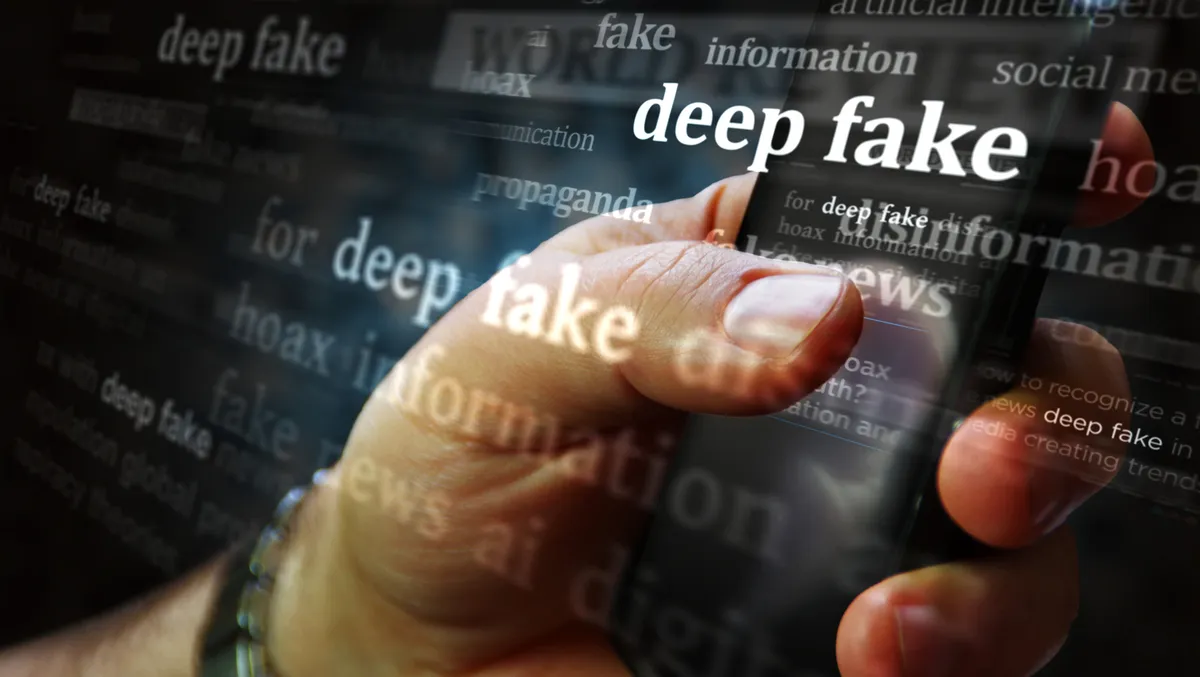What Are Deepfake Scams?
Deepfake scams involve the use of artificial intelligence (AI) to create highly realistic but fake images, videos, or audio recordings. These scams are designed to deceive individuals or organizations into believing that they are engaging with a legitimate entity or person. By manipulating media content, fraudsters can impersonate trusted figures, extort money, or disseminate misinformation.
Deepfake technology has advanced rapidly, making it increasingly difficult to distinguish between genuine and fabricated content. Scammers exploit this technology to create convincing scams that can lead to significant financial and reputational damage.
How Do Deepfake Scams Work?
Deepfake scams can take many forms, including:
- Impersonation Scams: Scammers use deepfake videos or audio to impersonate executives, celebrities, or loved ones, often requesting money transfers or sensitive information.
- Blackmail Scams: Deepfake content is fabricated to portray a victim in compromising situations, leading to extortion attempts.
- Fake Job Interviews: Fraudsters use deepfake videos to pose as recruiters, conducting fake job interviews to collect personal and financial details.
- Election Interference: Deepfake videos are used to spread false information about political candidates or public figures.
Real-World Examples of Deepfake Scams
- Corporate Fraud: In 2019, scammers used AI-generated audio to impersonate a CEO’s voice, tricking an employee into transferring $243,000 to their account.
- Social Media Hoaxes: Fake videos of celebrities endorsing scams have gone viral, misleading their followers.
- Online Dating Scams: Deepfake videos and photos are used to catfish victims, gaining their trust before asking for money.
Measures to Avoid Falling Victim to Deepfake Scams
1. Verify the Source
Always verify the authenticity of content by cross-checking information with trusted sources. For instance, confirm with the purported individual through direct communication or official channels.
2. Look for Inconsistencies
Deepfake technology, while advanced, often leaves subtle flaws. Pay attention to irregularities in:
- Facial expressions
- Lip synchronization
- Background lighting
- Voice tone or inflection
3. Use Deepfake Detection Tools
There are AI-powered tools available that can help detect deepfake content. Examples include:
- Deepware Scanner
- Sensity AI
- Microsoft’s Video Authenticator
4. Educate Yourself
Stay informed about the latest trends in deepfake technology and scams. Awareness is a powerful tool to recognize potential threats.
5. Enable Multi-Factor Authentication (MFA)
If scammers gain access to your accounts through impersonation, MFA adds an extra layer of security, making unauthorized access more difficult.
6. Be Wary of Urgent Requests
Scammers often create a sense of urgency to pressure their victims. Take a moment to think critically and confirm the request before acting.
7. Limit Sharing Personal Information
Minimize the amount of personal information shared online to reduce your risk of being targeted.
8. Report and Block
If you encounter a suspected deepfake scam, report it to the relevant platform and block the account. Reporting helps prevent others from falling victim to the same scam.
Conclusion
Deepfake scams represent a growing threat in the digital landscape, leveraging advanced AI technology to deceive and manipulate. By understanding how these scams work and implementing protective measures, online users can safeguard themselves against potential harm. Stay vigilant, educate yourself, and leverage technology to combat this evolving threat effectively.














